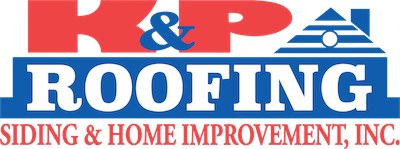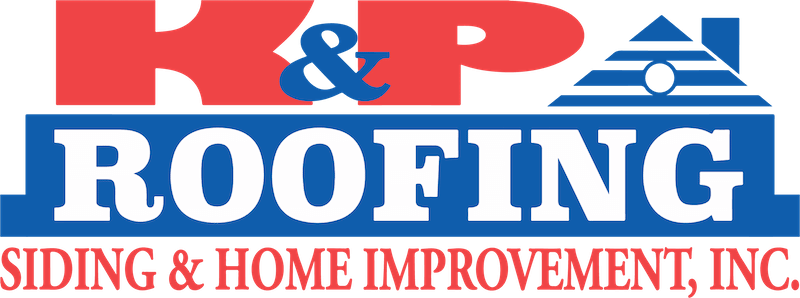How to Get Paid by Improving Your Home
The beginning of the new year means tax season is upon us. For some people tax season is the worst time of the year, for others it means more money in your pocket. At K&P Roofing, Siding, and Home Improvement we think tax season should benefit the homeowner. That’s why we have compiled a list telling you how you can qualify for tax breaks through home Improvements.
How your home can give you tax breaks
1) New Home Buyer?
As soon as you purchase your home, you should start a file and save receipts, contracts, or other relevant documentation that show costs for all of your major remodeling and home upgrade projects you make over the years. When you sell your home, you may be able to add the costs of major upgrades to your original purchase price to increase your adjusted cost basis. The more upgrades, the more you may be able to reduce your capital gains or even show a loss on the sale of your home for tax purposes. Information provided by:
https://turbotax.intuit.com/tax-tools/tax-tips/Home-Ownership/Federal-Tax-Deductions-for-Home-Renovation-/INF14245.html
2) Interest deductions for certain home improvement loans
If you take out a loan to make capital improvements to your home (improvements that increase its value, improve its longevity or modify it for new uses), you may be able to deduct the interest on your taxes. Loans for repairs may not qualify for some home improvement loans. However, home equity lines of credit (HELOCs) can be used for a variety of purposes, and some 203k mortgages allow you to make many types of remodels and repairs to make a home livable. Interest for these types of mortgage loans on your main or second home is typically tax deductible.
State and local tax credits for energy-efficient improvements
In addition to saving tax dollars when you file your return with the IRS each year; energy-wise home upgrades may also entitle you to some additional tax incentives from your state and local governments. The Database of State Incentives for Renewables & Efficiency® (DSIRE) allows you to filter and search for a wide array of tax credits, rebates and other incentives available locally.
3) Mortgage interest
Your biggest tax break is reflected in the house payment you make each month since, for most homeowners, the bulk of that check goes toward interest. And all that interest is deductible, unless your loan is more than $1 million. If you’re the proud owner of a multimillion-dollar mortgaged mansion, the IRS will limit your deductible interest.
4) Casualty losses.
If you’re unfortunate enough to suffer storm damage or a fire in your home, the IRS provides a tax break to offset some of those losses. You can’t double-dip, of course, and get a break for losses your insurance company has already compensated you for, but even folks with a decent homeowners insurance policy may still get some tax benefit. “If you get an insurance reimbursement, it doesn’t necessarily mean you’re not going to get anything,” Richards says. “It’s just going to reduce the total loss that you can recognize.” Doing some simple math on Form 4684 will let you know how much, if any, of your losses are tax-deductible.
Information gathered from – http://www.usatoday.com/story/money/personalfinance/2016/03/31/7-big-tax-breaks-homeowners/79896138/
The biggest way to save is to get educated.
Here are a few more great resources for further tax breaks
http://americantaxservice.org/homeowner-tax-breaks-and-deductions/
http://www.usatoday.com/story/money/personalfinance/2016/03/31/7-big-tax-breaks-homeowners/79896138/


